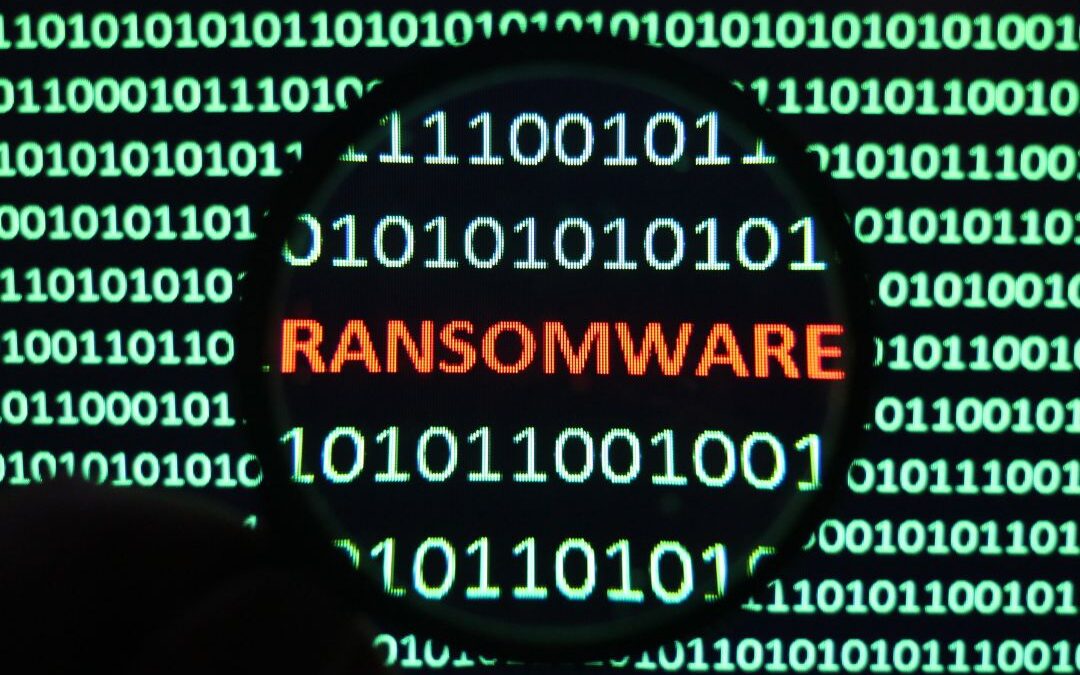In our technology-driven world, efficient IT support is the backbone of any successful business. From ensuring seamless operations to safeguarding sensitive data, reliable IT services are crucial for maintaining productivity and protecting your bottom line. However, not all IT support is created equal, and the cost of settling for subpar services can result in expensive consequences for your business. Bad IT service can negatively affect employee productivity, customer happiness and operational efficiency and quickly eat into your profits. In this blog post, we’ll explore some of the hidden costs of bad IT support and how it could be impacting your business in ways you might not have considered.
Unresolved Recurring Issues
IT issues that aren’t properly resolved are like untreated wounds that fester over time. For example, one person’s poor password habits can become a company-wide issue that later results in an expensive ransomware attack when a hacker finds a weak link.
Recurring IT issues also drain company resources. Without addressing the root cause of the issues, the problems will persist, leading to ongoing costs.
Sloppy Systems And Processes
Your IT team can take tasks off your plate, like getting new employees access to the files, software and programs they need to do their job and revoking access when an employee leaves the company. If the procedures are not followed or outlined properly, your company’s processes will not run as efficiently as they should, costing you time and money, and it could open up big security risks to your company.
Unexpected Downtime
Operational inefficiencies aside, what’s the cost if you CAN’T do business? Not just the loss of potential sales, but the cost of employees sitting stagnant, staring at the wall and scrolling on their phones while your IT guy is trying to get your network back up.
If you have 20 employees at an average pay of $25 an hour and your system is down for three hours, you might as well light $1,500 on fire. Now, what if this is happening one, two, even three or more times a month? Add in the potential loss of sales and fees for emergency IT support, and the total for each outage will quickly add up to a sizable chunk of change you’re letting fall right through your pocket.
Security Breaches
If a negligent or inexperienced IT professional leaves gaps in your security system, you could be vulnerable to a cyber-attack. There is no limit to what this could cost your business if client data or financial data is leaked, stolen or exploited. Legal fees, fines and downtime from cyber-attacks have put thousands of companies out of business because the owners weren’t able to get out from under them. It is critical to the future of your business that you work with an IT professional who knows what you need to be compliant in your industry and secure from the latest threats.
These issues are only the tip of the iceberg. If you’d like us to take a closer look at what you’re getting for what you’re paying, to make sure you’re not exposed to risks and are operating as efficiently as possible, we’re happy to do so.
To schedule a free 10-minute discovery call to see how we can get rid of your tech issues once and for all, go to https://go.appointmentcore.com/book or call us at 216-800-7800.




